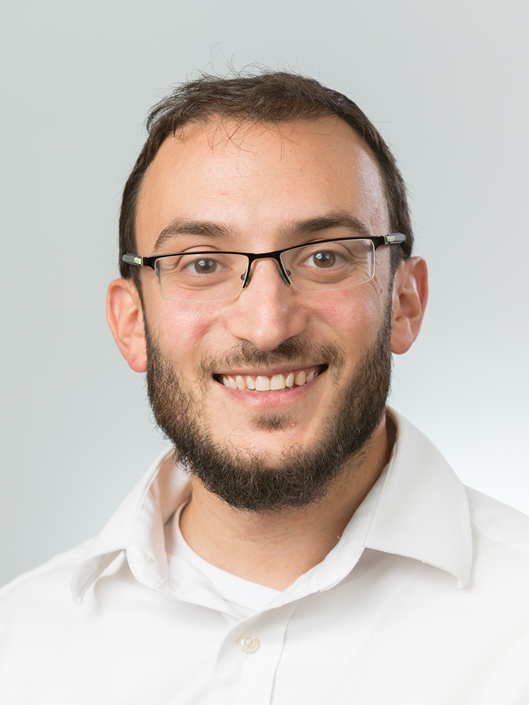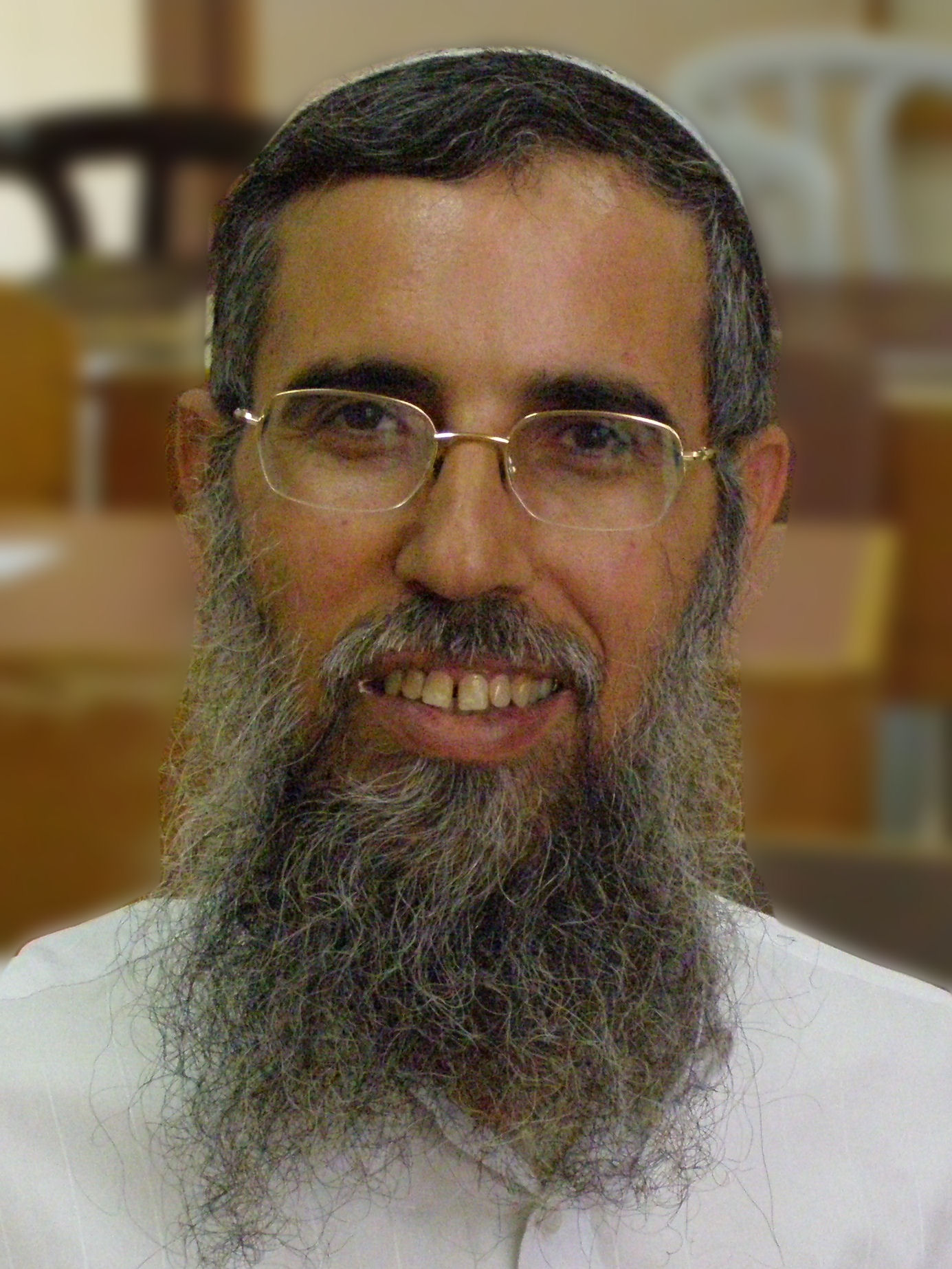Fulfilling the Promise
הרב דוד זץ
At the beginning of this week’s Parsha, Parshat Ki Tavo, we are introduced to the mitzvah of Bikkurim, the commandment to bring the first fruits to the Beit Hamikdash.
Upon the arrival to the Beit Hamikdash, the farmer is given a script to say to the Kohen which includes many details including the section of the Torah that we reference at length at the Seder every Pesach, describing the servitude in Egypt and the ultimate exit into the desert. Numerous questions emerge when reviewing this script.
- What is the connection between the mitzvah of Bikkurim and Pesach that would explain why the same text is used for both?
- Why specifically by the mitzvah of Bikkurim does the script include all of the difficulties and challenges that the Jewish people faced in its history?
The Posuk in Bamidbar (8:17) says:
“כי לי כל בכור בבני ישראל באדם ובבהמה ביום הכותי כל בכור בארץ מצרים הקדשתי אותם לי”.
This teaches us that the Jewish people could have and should have been killed during the plague that killed the first borns of Egypt, however, Hashem saved us and from that moment forward Hashem acquired a special right to all of the “Firsts”. Every “first” is connected with Hashem in a special way, including: first born sons, first born animals, challah, and the first of the shearings.
Additionally, the first first fruits are also connected to Hashem and we therefore, have the responsibility to bring them to Hashem in the Beit Hamikdash. Accordingly, the script that the farmer would mention at the Beit Hamikdash would begin with the storyline from the troubling times in Egypt in order to acknowledge and declare our understanding of Hashem’s connection and acquisition of all “firsts”.
Additionally, we can suggest another answer to our questions.
Throughout the chumash the Jewish people are promised that they will be taken to Eretz Yisrael. This promise will be the fulfillment and the ultimate expression of success after escaping the clutches of the Egyptian people and the difficulties that were experienced throughout forty years in the desert. The Torah gives a tremendous amount of time describing the scene with the first fruits, because the farmer represents the fulfillment of the promise.
Am Yisrael never reach Eretz Yisrael in the Chumash and the promise will be fulfilled only in the time of Yehoshua when we enter Eretz Yisrael and capture our Promised land. Yet the full promise will be fulfilled only once the Jews have settled the land, planted and harvested the fields to then bring its fruits to the Beit Hamikdash.
When the farmer arrives at the Beit Hamikdash his obligation is to announce to everyone the history from the time of Egypt until the present in order to clarify to all the Hashem keeps his promises. This announcement is tantamount to the recognition of the genuine relationship between Hashem and Am Yisrael which is why this text is not only spoken here but also at the night of the Seder, where we as a nation call upon the entire Jewish people to acknowledge the unique relationship that they have with Hashem.
May we constantly be cognizant of our relationship with Hashem and Iy”h we will be able to bring once again the first fruits to the Beit Hamikdash.
קוד השיעור: 9197
לשליחת שאלה או הארה בנוגע לשיעור:




.jpg)

